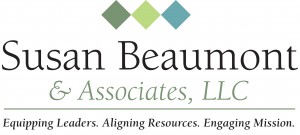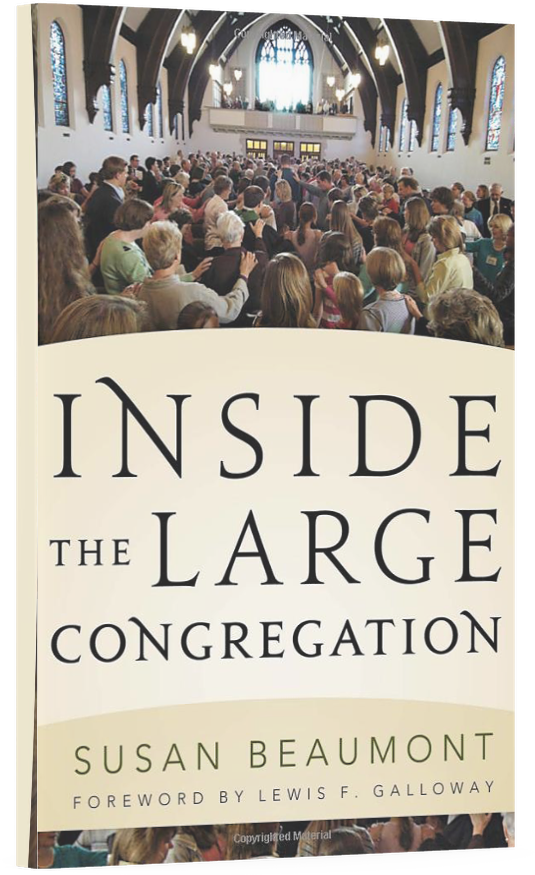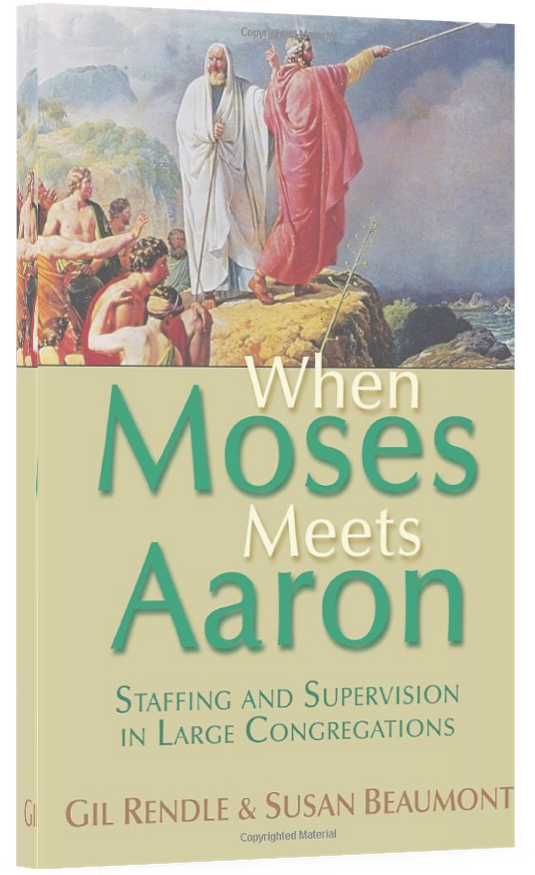Consider the last slate of candidates nominated for leadership in your congregation. What attributes were sought when recruiting this group? Perhaps you looked for potential leaders who were: invested, good decision-makers, strategic, prayerful, respected, effective communicators, with strong personal boundaries.
How did the actual list of nominees compare to your desired list of attributes? Did you find the attributes you were seeking, or did you default to: loyal, breathing, and willing?
Congregations struggle with a perpetual gap between the leaders they need and the pool of talent that they actually have. There are a host of circumstances to blame. However, if we are honest with ourselves, we have to admit that we haven’t developed our leadership base. We rely on other institutions to cultivate leadership talent in our members, which we try to harvest. And, we haven’t clearly identified or developed the most important attribute for congregational leadership: Wisdom.
Wisdom, in the biblical tradition, stands for many things ranging from the technical skill of artisans, to the art of governance. It incorporates simple cleverness, with the practical skill of coping with life, and the pursuit of ethical conduct. Wisdom is seen as derived from God, as belonging to God, as associated with creation, and as identified with the Torah or law.
Congregations are not meant to operate like other for-profit, or not-for –profit entities. We value the effectiveness and efficiency associated with institutional life, but we need to be led in ways that reflect our faith based origins and in ways that foster covenantal community. We seek leaders that can nurture institutional health, while tending to the soul of the institution and its constituents, and while listening for the guidance of Spirit. We seek wisdom.
Can wisdom be taught? Or, is wisdom something that certain people are born to, or gifted with, independent of learned skills and experience?
Two Schools of Thought
Let’s examine two viewpoints on the development of wisdom in leaders; one secular and one spiritual.
Yale psychology professor, Robert Sternberg, promotes the Balanced Theory of Wisdom to explain how wisdom can be intentionally developed.
Sternberg explains that wisdom seeks the common good. Wisdom realizes that the common good may be better for some than for others. A wise leader can negotiate the differences among individuals and groups, much like Solomon negotiated between two mothers who each claimed the same baby. Sternberg claims that we can nurture wisdom by developing the following capacities in our leaders.
• Basic intelligence (practical problem solving and verbal abilities)
• Factual & procedural knowledge
• Intrapersonal awareness (biases, skills, orientations, values)
• Extrapersonal awareness (goals, political agendas and interests of others)
• Balance and integration of competing interests
• Clarity about goals, along with the ability to recognize competing goals and to negotiate unifying goals
• Balancing short and long-term interests and needs
• Naming and clarifying core values, and using values to negotiate competing interests
• Shaping and adapting the congregation to changes in the environment
A more spiritual approach to developing wisdom is described by Cynthia Bourgeault, in “The Wisdom Way of Knowing”.
Bourgeault asserts that wisdom is a way of knowing that goes beyond one’s mind, one’s rational understanding and embraces the whole of a person: mind (intellectual center), heart (emotional center) and body (moving center).
This viewpoint sees wisdom as a gift of God, a gift that can be invited through prayerfulness. When a person is poised, balanced and alert in all three centers, a shift in consciousness happens. We become present, fully occupying the now in which we find ourselves. A state of presence is required to move into wisdom. The wisdom way of knowing stresses the fluidity of movement between God consciousness and present-centeredness. The Wisdom way of knowing requires:
• Surrender (which opens the heart directly to the more subtle realms of spiritual wisdom and energy)
• Seeing with the eye of the heart, and
• Connecting to the Divine Source
Tips for Cultivating Wisdom
We do not need to choose between secular and spiritual approaches to developing wisdom. We must nurture both. Our churches and synagogues need wise leaders with practical organizational wisdom and deep soulfulness.
Here are several practices to consider adding to your leadership development toolbox:
• Create the expectation that every member of your leadership team will have a personal prayer discipline. Create a culture in which leaders hold one another accountable for that discipline, by encouraging spiritual direction, check-ins and testimony.
• Introduce prayer practices into your meeting format, practices that extend beyond opening and closing prayers. Teach your leaders how to engage in guided meditation, lectio-divina, appreciative inquiry, theological biblical reflection, and consolation vs. desolation. Help your leaders become more comfortable spending time in silence.
• Instruct your leaders in the basics of governance and polity that will guide their work. But also ground them in the core values, strategic priorities and goals of the congregation.
• Help new leaders articulate their own personal core values and priorities and examine the overlap or conflict between their personal goals and the goals of the congregation.
• Define an intentional decision making/discernment process that includes these elements:
o Framing the issue,
o Naming guiding principles and core values that apply to the decision,
o Weighing the competing interests at work in the decision; clarifying who stands to gain or lose what,
o Distinguishing between the long and short term implications of a decision,
o Naming the adaptive work at the core of the issue, and
o Inviting silence and prayerful reflection in the midst of group decision making.
In this era of congregational life, where change is constant and adaptive leadership is needed, we must cultivate different leadership skills. We can’t simply assume that the leadership skills that our congregants have learned in other settings will translate well into the church. We need to be about the work of cultivating wisdom and developing more soulful leadership.



